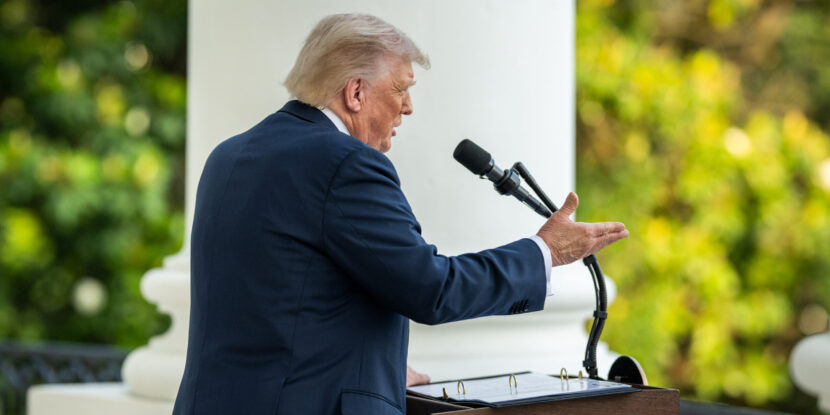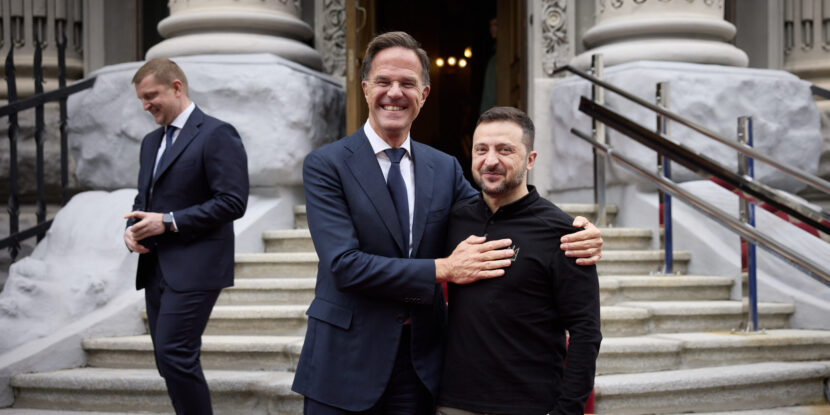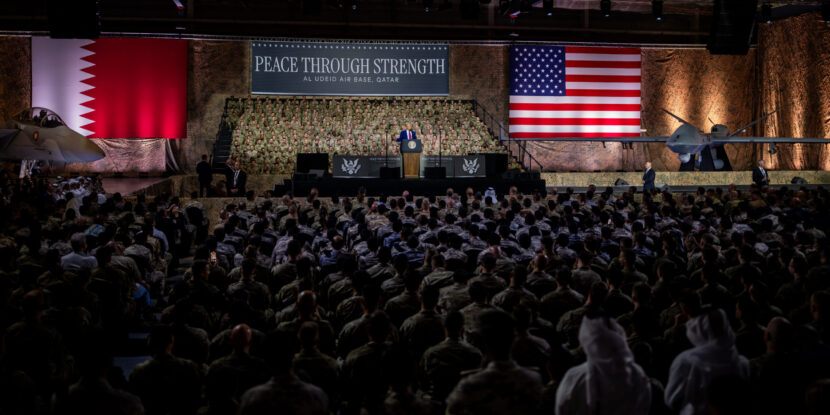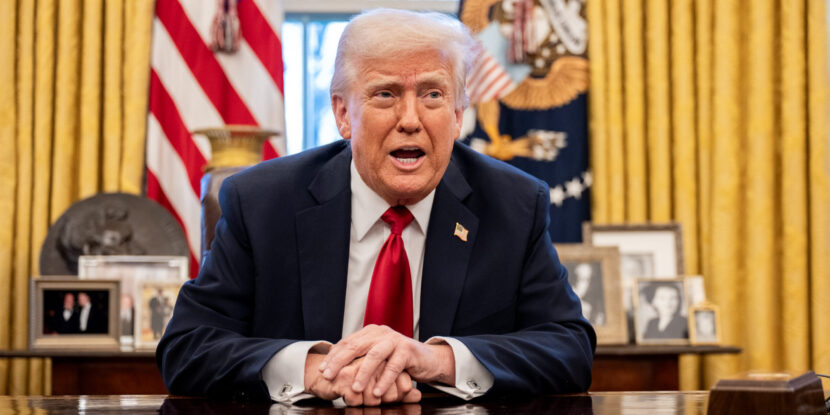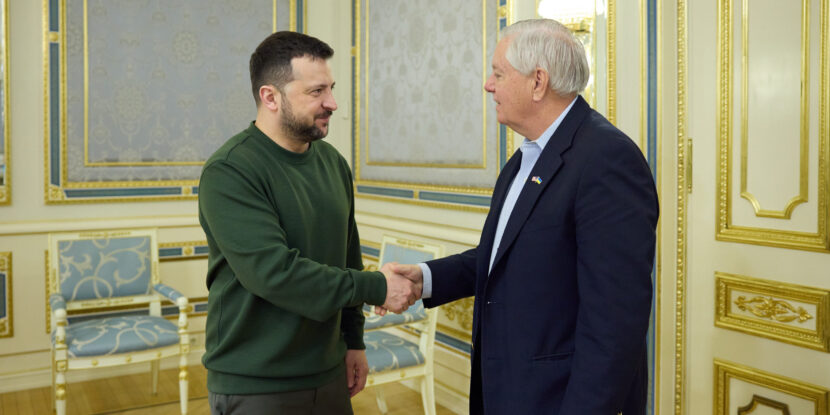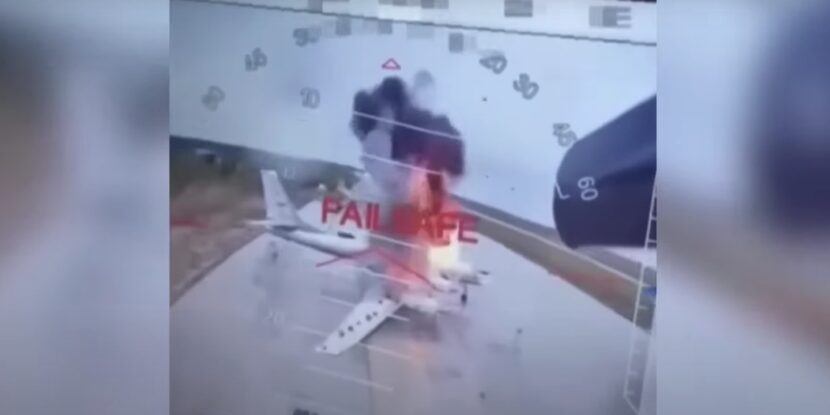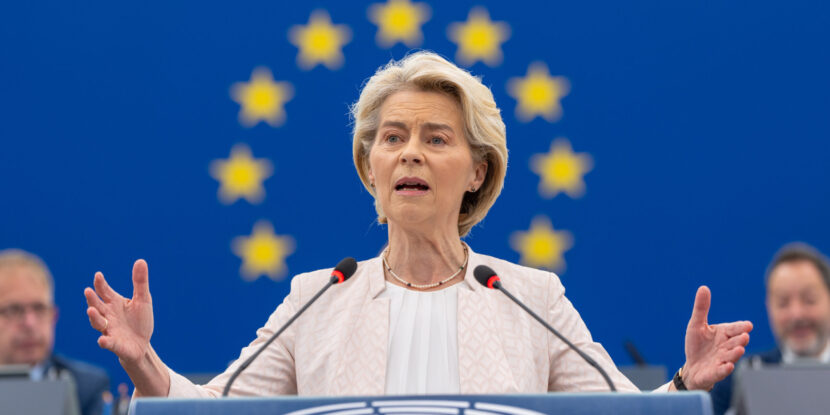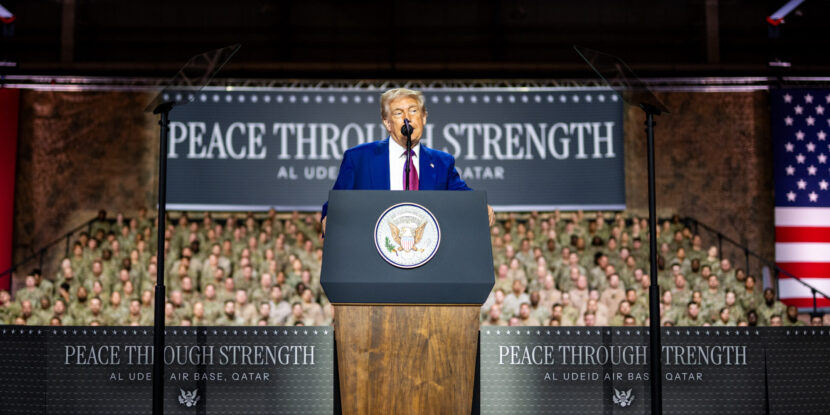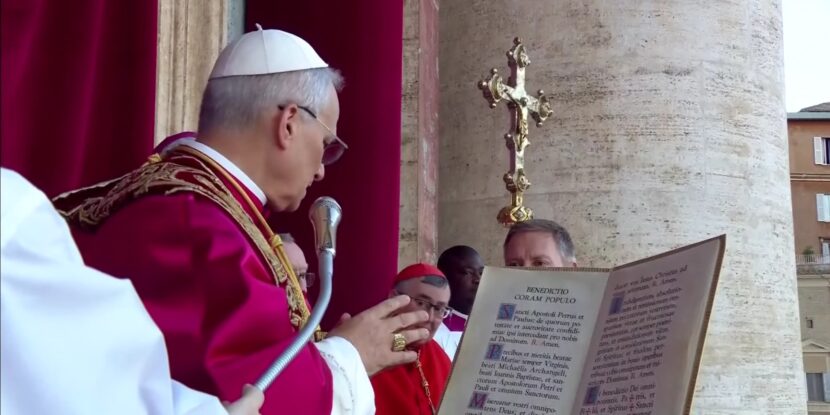PULSE POINTS:
❓What Happened: President Donald J. Trump warned of “very, very tough” sanctions on Russia and potentially Ukraine if peace talks fail or are obstructed.
👥 Who’s Involved: President Trump, German Chancellor Friedrich Merz, Russian President Vladimir Putin, Ukrainian President Volodymyr Zelensky.
📍 Where & When: Oval Office meeting, Washington D.C., Thursday morning.
💬 Key Quote: “When I see the moment when we’re not going to make a deal… we’ll be very, very tough. And it could be on both countries, to be honest, you know? It takes two to tango,” Trump said.
⚠️ Impact: Potential for expanded U.S. sanctions targeting Russian energy customers, including major nations like China, if peace efforts are derailed, and possibly sanctions on Ukraine, too.
IN FULL:
President Donald J. Trump has issued a stark warning to Russia and Ukraine over their ongoing conflict, saying “very, very tough” sanctions could be imposed on either nation if peace negotiations fail or are intentionally obstructed. The comments came during a meeting with German Chancellor Friedrich Merz in the Oval Office on Thursday morning.
Trump emphasized his commitment to facilitating peace, but cautioned that both sides could face consequences if talks collapse. “When I see the moment when we’re not going to make a deal, when this thing won’t stop, at that moment… we’ll be very, very tough. And it could be on both countries, to be honest, you know? It takes two to tango,” he said.
While stating his support for Ukraine, Trump also warned Kiev against taking an obstructive stance. He noted, “I’m with Ukraine, we just signed a big deal on rare earth with Ukraine. I’m for stopping killing, really.”
The President highlighted the deep animosity between Russian President Vladimir Putin and Ukrainian President Volodymyr Zelensky, likening the situation to a referee intervening in a heated fight. “There’s a great hatred between those two men,” Trump remarked.
Since Russia’s 2022 invasion of Ukraine, Western nations have imposed extensive sanctions on Moscow. However, these measures have had limited success in crippling the Russian economy, which has benefitted from sustained energy exports.
Trump proposed a new approach to sanctions, suggesting penalties on nations purchasing Russian energy, a strategy he referred to as “secondary sanctions.” Such measures could target major Russian energy customers, including China, in an effort to pressure Moscow into negotiating in good faith.
“If [a peace deal] doesn’t happen and if I see someone’s out of line, if Russia’s out of line, you’ll be amazed how tough [I will be],” Trump added, underscoring his readiness to act decisively if talks falter.
President Trump also expressed a willingness to sanction either country if they refuse to sign a 30-day ceasefire or violate any ceasefire agreement last month. Russia has previously accused Ukraine of violating ceasefire agreements, including one directed at halting attacks on infrastructure earlier this year, and vice versa.
show less